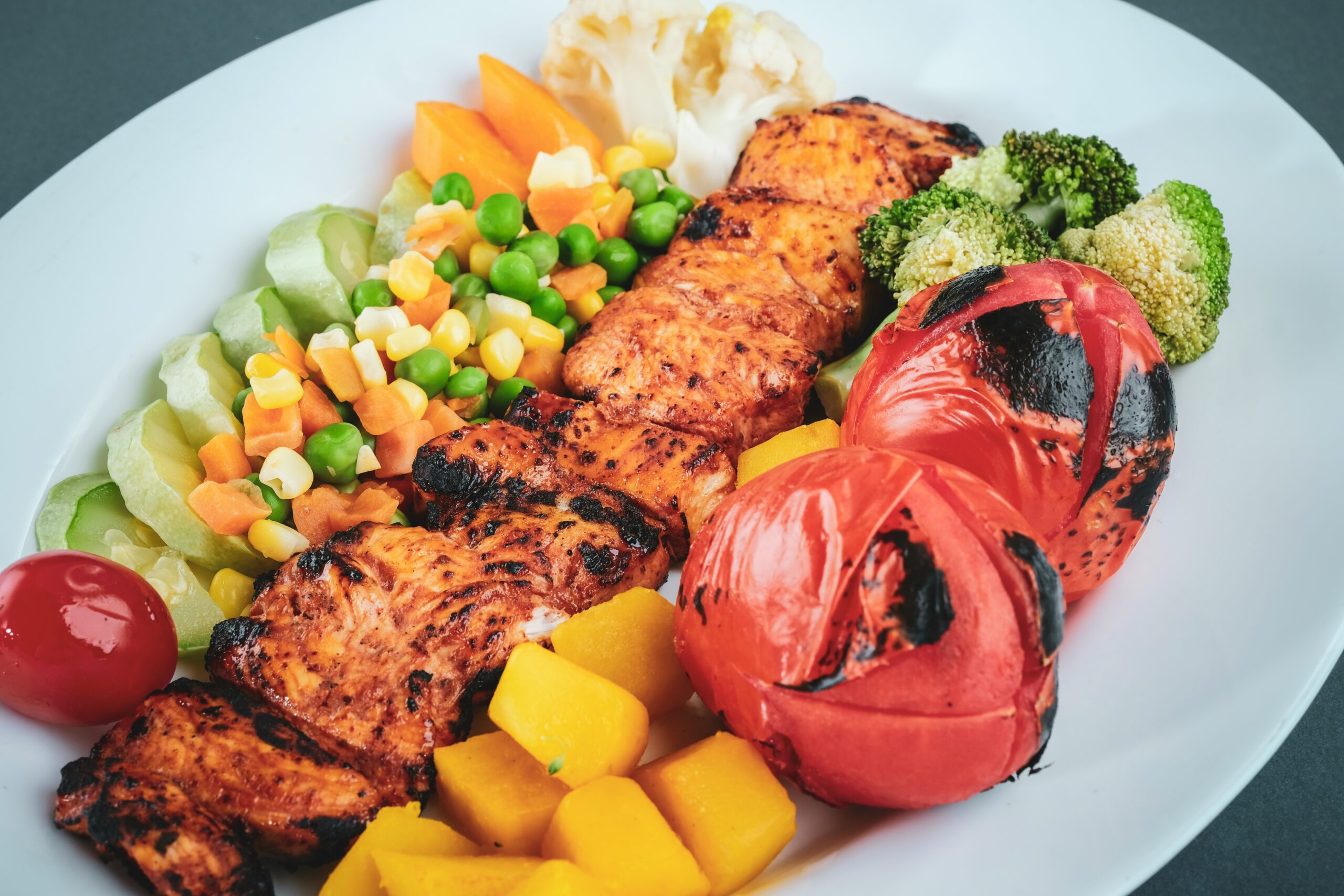For millennia we have relied on plants and animals to provide our nutrients. Today, the ability that food has to nourish us is diminishing. Some reasons for that are the declining soil quality, increased pesticide use and other environmental stressors. Don’t believe me? Check out this article from National Geographic. To put it simply, the food we eat is less nutritious than what our grand-parents ate just 2 generations ago.
Making things harder is the fact that it’s not just about what you eat, but also HOW you eat. A cup of coffee with a meaty meal undercuts the iron absorption for instance. And of course there is alcohol and stress (parts of many people’s normal lives) which interfere with the absorption of vitamins and minerals.
It is therefore becoming more common to find that people who appear to eat the right food are in fact malnourished. This can look like chronic fatigue and frequent infections.
The Rehab clinic in Naalya has observed this trend among urbanites and can craft a holistic plan that aligns your diet, your physical and mental health for improved health and wellbeing. One of the components of this plan lies in their range of IV (intravenous) vitamins and supplements.
- What function do vitamins and minerals play in the body? Why can’t we do without them?
THE REHAB CLINIC (TRC): We need vitamins and minerals for our bodies to function normally. They act like ‘building blocks’ in the body. For example, vitamin C is needed to make collagen for the strength of your skin and bones. Minerals like calcium and magnesium are crucial for bones, muscles and heart rhythms.
We can’t make most of these nutrients ourselves (except for vitamin D from the sun), so we have to get them from food like fruits, vegetables, whole grains, fish, poultry, meat and so much more, or through supplements. In their absence you find; increased illnesses, longer recovery from illness, fatigue, scurvy, anaemia, body aches and so on.
Vitamins and minerals can be delivered directly and faster into the blood stream through Intravenous vitamin therapy.
2. Tell me about the IVs and supplements available at The Rehab clinic.

Photo by Adrianne D on Unsplash
TRC: We have a range of IVs and supplements designed to cater to different purposes. For instance,
- Vitamin C to support the immune system
- B vitamins (B1, B2, B3, B5, B6, B12, folate, biotin, etc.) to boost energy and support the nervous system.
- Glutathione which is a major antioxidant that helps to detoxify and protect cells. Our bodies make glutathione naturally but the IV gives a boost and can help with liver health and clearing toxins.
- Magnesium which is stored in bones and muscles. It can reduce fatigue, relieve muscle cramps and more. A magnesium IV will relaxes muscles and calms nerves.
- Saline with electrolytes to rehydrate the body fast.
And others like Zinc, Magnesium, Calcium, Alpha Lipoic Acids (ALA), Amino acid injections as well as customizable cocktails.
3. Are these IVs meant to replace food?

TRC: No. IV nutrient therapy is only a supplement and not a substitute for well balanced meals. The food we eat provides components that IVs don’t provide. IVs work to provide extra help.
4. Since the body doesn’t make minerals, does that mean we need an IV daily?
TRC: We can’t synthesize minerals but they are stored in the body. For instance calcium in bones and magnesium in muscles and soft tissues. So if you are healthy person eating a healthy diet you should not need frequent IVs. In fact, nutrients can become too concentrated if IVs are misused.
5. Would a typical over-the-counter multivitamin cover all my mineral and vitamin needs?
TRC: A standard multivitamin is okay for general health maintenance. However if you want a higher “therapeutic” dose, you’ll need an IV. This can be in instances like; quick recovery boost, after illness, after intense strain, chronic fatigue, low energy, stress, particularly because IVs bypass digestion and nutrients are absorbed directly into the blood stream.
6. Are IVs just for athletic or active individuals?
TRC: No, these infusions can benefit a range of people. We serve busy individuals from different walks of life.
7. What about using IVs after a night of heavy drinking? I have heard this is becoming popular. Are there dangers or benefits?

TRC: “Hangover drips” quickly rehydrate you and replenish lost electrolytes and nutrients. Such an IV will ideally contain vitamins B and C and magnesium to relieve dehydration, headache and lethargy. But to be clear, these IVs will not immediately fix things like nausea and should not be an excuse to drink irresponsibly.
The fact that IVs are becoming more common does not mean they are not a medical procedure. They involve puncturing the skin and entering a blood vessel…an infection is one of the worries. As such, they should be done in a clean place with sterile equipment, by people who are qualified. We provide all this at The rehab clinic.
Electrolyte imbalance or overloading the body can all be minimized if your IV is done at a place like The Rehab clinic where the IV is tailored to you specifically.
